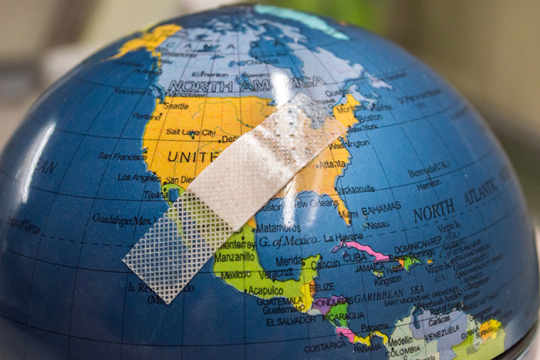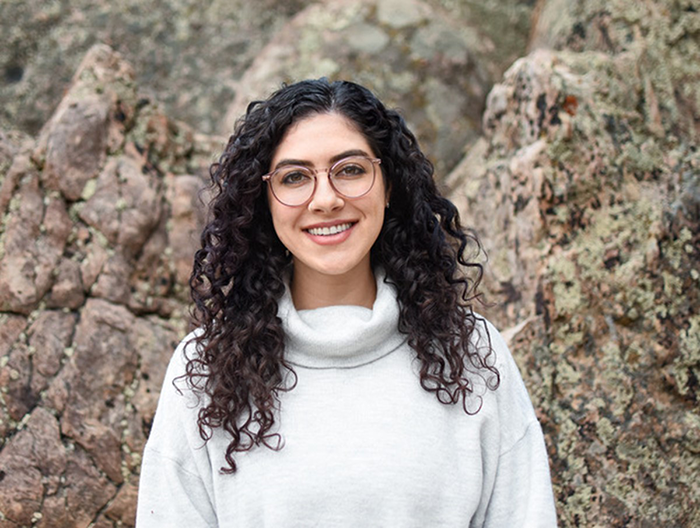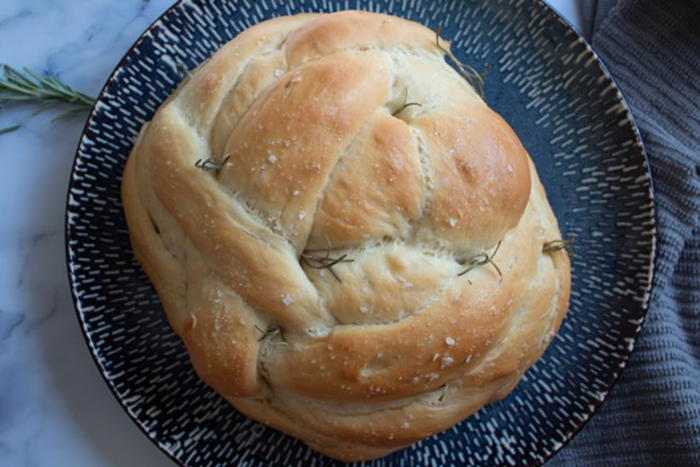
I am vegan because I am Jewish. Everything that led me to a vegan practice came from my childhood where I kept , learned by asking thoughtful questions, and practiced daily rituals like hand washing and reciting that brought intention to aspects of daily life.
For me, veganism, like kashrut, is not solely about what I do or do not eat. Veganism is an intersectional approach that brings intention to every choice and allows me to live in a way that aligns with my beliefs. Veganism is a framework for what I consume, which companies or activities I support, what clothing material I wear, and how I make decisions on a daily basis. Like many other Jewish adults in a diasporic world, I am still learning how to build a Jewish life in a non-Jewish environment with pieces of our culture and religion that speak to me.
As we prepare for the approaching new year, I want to offer you my Jewish vegan perspective, one that may be new to you. It may offer questions to discuss at your holiday tables or perhaps you will keep these ideas in the back of your mind as you sit, then stand, then sit again in synagogue reciting , prayers of forgiveness. Could there be a better time to create space for something new than Rosh HaShanah?
The Jewish people's connection to the natural world, and other animals who share it with us, is truly sacred. We have a strong foundation in Torah, (Jewish law), and cultural customs that have preserved this sacred connection for thousands of years. The rich customs of Rosh HaShanah embody this connection. Incorporating veganism with our other rituals and practices is to embrace our roots, not diverge from them.
Whether you are vegan-curious, fully vegan, or learning to support someone in your life who is vegan, here are a few opportunities to incorporate veganism into your Rosh HaShanah observance.
Candles
Most store-bought candles are made with synthetic paraffin or vegetable oils. However, some candles are made from non-vegan materials like beeswax. Double check the materials used to make candles before you buy them.
Wine
Just as not all wines are kosher, not all wines are vegan. Some winemakers use fining agents and other substances throughout the production process that are derived from animals and may not be suitable for vegans or people with certain allergies.
This information is difficult to verify without contacting wine brands directly, though resources like Barnivore and KosherWine may be helpful.
Challah
It is customary to begin Shabbat and holiday meals with a blessing recited over . On Rosh HaShanah, the start of a new year, the challah is customarily twisted into a round loaf to symbolize the continuity of time. You can find an excellent vegan challah recipe on ReformJudaism.org and on Vegan Travel Eats.
Sweet Treats
Apples and honey are a classic Ashkenazi treat that has become associated with Rosh HaShanah. Some Jews eat pomegranates or other sweet fruits instead. Eating sweet food is meant to encourage a year full of sweetness. Honey is significant in Jewish culture as Eretz Yisrael is often referred to as the land flowing with milk and honey. Growing up in the United States, the honey I dipped my apples in was always bee honey, which I have not eaten since I transitioned to veganism. It wasn't until a few years ago that I learned the honey referenced throughout the Torah was likely date honey. Date honey and other forms of bee-free honey can be found in many stores or made at home. Some people may prefer to use agave, maple syrup, or another sweet syrup that comes from plant sources.
A shofar that is made from the horn of an animal is not vegan, and according to most Jewish legal opinions, a synthetic horn is not kosher. There are options to purchase a shofar made from materials like wood or horns gathered after having naturally fallen off an animal.
Tashlich is a Rosh HaShanah ritual in which a person symbolically casts away their sins into flowing water. Some communities throw small pieces of bread into a local body of water, but bread can be harmful to birds and other wildlife. Many communities now encourage folks to use pebbles or other organic materials, in consultation with local conservation experts.
Veganism is not about perfection; it is about doing what is possible within your control and ability to minimize harm. Just as there is rich variety in the interpretation and customs practiced within the Jewish community, there is an incredible variety of perspectives, means, and abilities within the vegan community.
Shanah tovah umtukah - may you have a good and sweet new year.
Related Posts
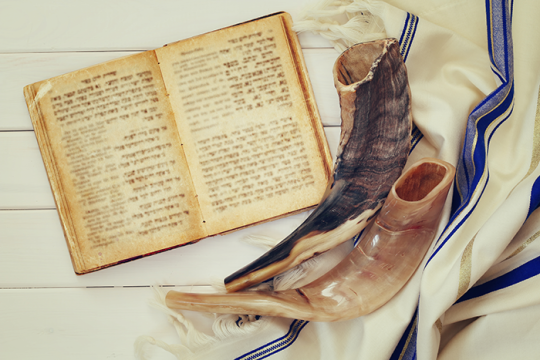
Judgment Days
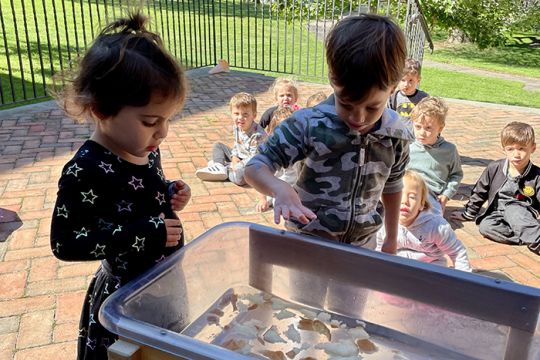
Simple Ways to Make Yom Kippur Meaningful at Home with Young Children
